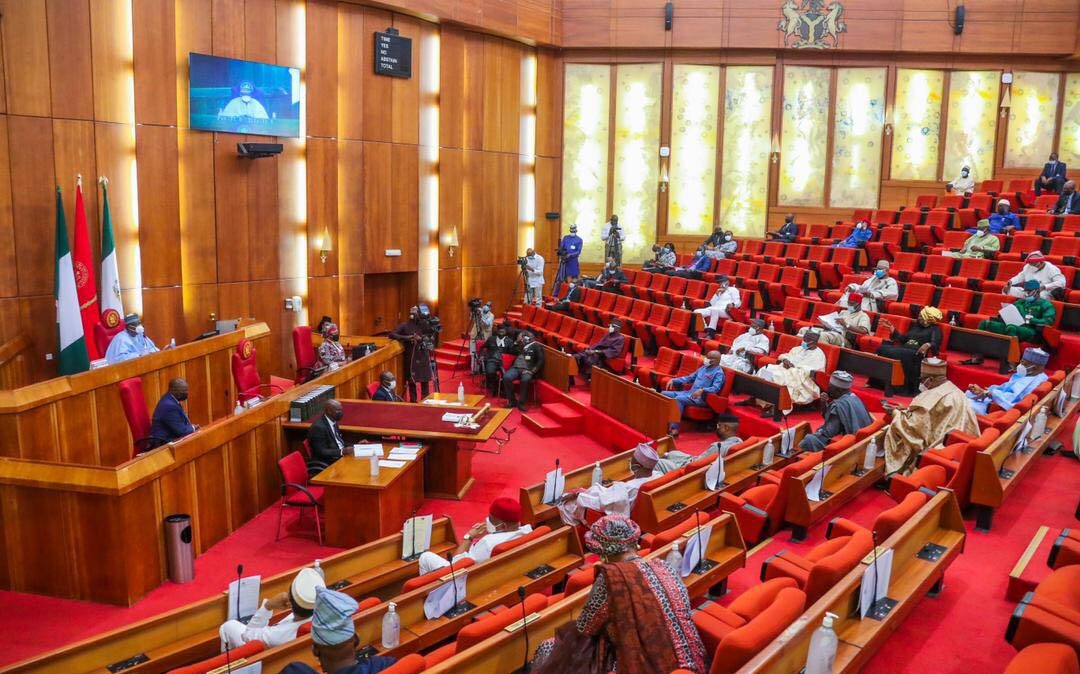The Minister of Labour and Employment, Sen Chris Ngige, during a one-day Public Hearing on the three labour bills by the Senate Committee of Labour and Employment regrets the alarming rate of the casualisation of the country’s workforce.
During the hearing which was held on Tuesday, the minister told the committee that efforts are ongoing to curb the menace as his ministry looks forward to a seamless amendment of the labour laws to bring them at par with international best practices.
The bills which include the National Directorate of Employment Act 2004, Labour Act Cap, L1, LFN 2004 (Amendment Bill 21 (SB.469), and the Prohibition of Casualisation in Nigeria (Establishment Bill 2021(SB,329).

The Minister said that casualisation is a volatile issue and a vexed anti-labour practice which the Federal Government had been addressing since 2016.
He, however, insisted that it’s not just about tackling the menace of casualisation; it’s more about uprooting the problem.
But if you ask me, what are the problems?
Firstly, we all know we have an ever growing population, with our universities and polytechnics rolling out graduates in their numbers year in year out.
The Minister was quoted saying, “1.2 million graduates from the universities and polytechnics move into the market yearly to look for work in the already over bloated public service”. The said figure sighted, according to the minister is not inclusive of those with NCE and school certificates.
What then are in place to cushion these effect? This is a country that has crippled start-ups with executive orders, you can even get your bank account blocked with a careless mistake of using crypto related terms as your narration when initiating a transaction.

Why is the bill casualisation bill dragging? And if the bill is passed, what are the cushion effect?
We need to get our house in order and the labour market is not getting nicer by the day, the economy is nothing to write home about. The citizens are looking for ways to survive, and the Federal Government shouldn’t add to the problem.
If we had a functional system of labour operation we shouldn’t be debating or talking about this casualisation menace that seems to have eaten deep into the labour force.
Let’s not even highlight how the banking sector is benefiting immensely from this, it’s a story for another day















